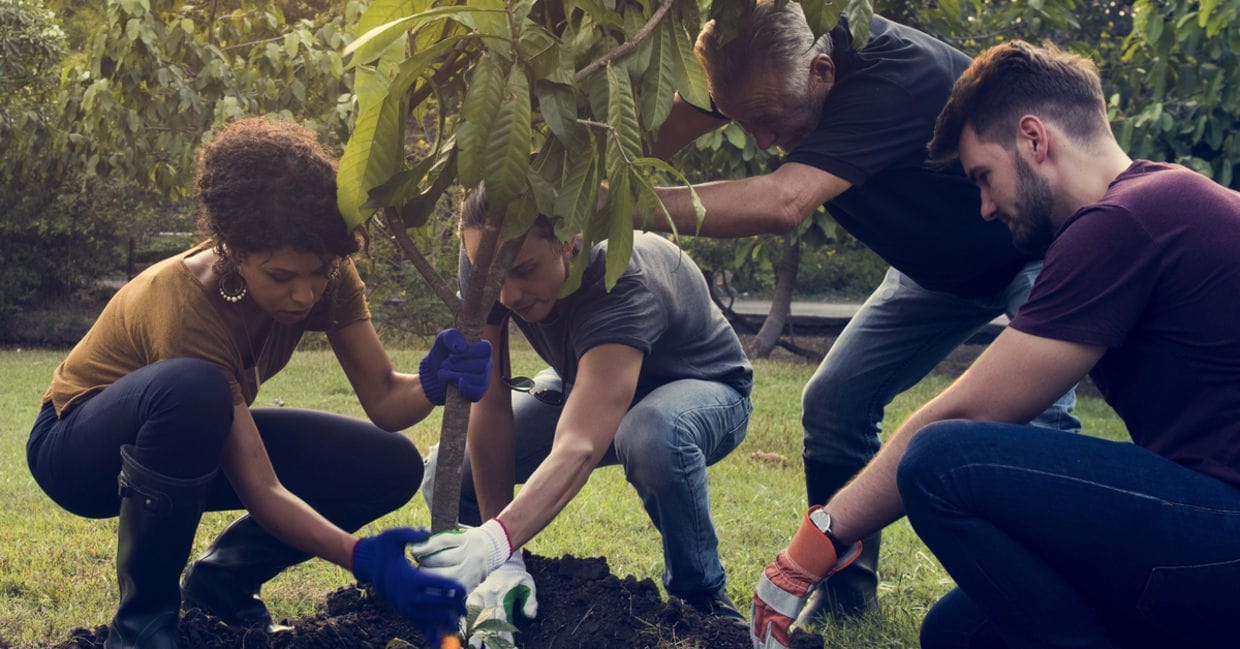Follow the 100-Hour Rule of Helping Others
The strong case for being useful others.
Post Summary
We'll dive into the wild and surprising health benefits of helping others.
What we often get wrong about helping others.
A mindset shift around helping others that'll help you get more benefits from your efforts.
A guideline for how often you should help others.
Housekeeping
Full access to this post is for Members of 2%. Have fun, don't die, become a Member of 2% below.
Podcast preview (Members, the full podcast is at this post's bottom)
The Post
On Monday, we covered the fascinating history of the Murph challenge.
It's an annual challenge that asks us to do some variation of a tough workout created by Navy SEAL Michael P. Murphy, who was killed in action in Afghanistan in 2005.
In that post, I explained how you can create your own Murph. “The idea is that you make (your challenge) tough. It’s about the effort,” explained Dr. Josh Appel, the Air Force pararescueman who recovered Michael Murphy's body and started the Memorial Day Murph workout tradition.
But your challenge didn't have to be physical. I explained how you could spend your effort helping others.
Today, we're covering the power of helping others.
It turns out that helping others is more powerful than you might think. It's a great way to improve your own health.
But the way we often think about and practice helping others is often flawed. We've got all sorts of misconceptions.
We think helping others must happen via organized volunteerism. Or that you have to dedicate your entire life to service work to see a benefit. Or that it has to be entirely altruistic, from the depths of our hearts, or else it's no good.
The good news: helping others can be much simpler. And you'll still see a benefit. But there is a threshold. Do it right you'll get a hell of an effect.
Today we'll cover:
The science of helping others—health and mindset benefits.
What we get wrong about helping others.
A mindset shift that'll help you get more from your help.
The exact amount of time you should spend helping others to see the most benefits.
Help others to help your brain and body
Section summary: Research shows that helping others leads to a wide range of health benefits.
Volunteer organizations have long claimed that volunteering is good for you. Which, of course they'd say that. They need your time and effort—for free.
But these claims were mostly anecdotes. Like, "Well, Mr. and Mrs. Jones volunteer with us weekly and they say volunteering makes them feel better!"
To see if there was any merit to these claims, in 2008, the UK Department of Health commissioned a group of scientists to look at all the research around volunteering and health.
They analyzed 87 studies—and the results showed that the non-profits weren't just making stuff up to get you to work for free.
They found 16 different study-backed benefits of helping others. The scientists wrote:
"(We) showed overwhelmingly that ... volunteering has salubrious effects on volunteers."
Which, first of all, whoever let the word "salubrious" make it through edits needs a reprimanding and a thesaurus. Second, "salubrious" means "health-giving." Those "salubrious" benefits from volunteering included:
Better self-rated health. Volunteers said they felt healthier compared to those who didn't volunteer.
Stronger social bonds. People who volunteered had closer relationships.
Less depression. Volunteers were less likely to be depressed.
Lower mortality. People who volunteered were less likely to die over study periods.
Better physical function. Volunteers were better able to do basic activities required to live day-to-day life.
Higher life satisfaction and quality of life. Volunteers were more satisfied with their lives.
Less frequent hospitalization.
Of course, whether these benefits were causative or correlative is hard to say.
Meaning, did volunteering cause those benefits? Or are people who already have those qualities more likely to volunteer?
My guess: It's a mix.
For example, you need some degree of physical functioning to volunteer. So it naturally selects for better physical functioning. But volunteering also adds extra physical work to your life, improving physical function.
And plenty of research (and thousands of years of religious tradition) say the key to happiness and life satisfaction is getting out of yourself. So the mental health benefits track.
What We Get Wrong About Helping Others
Keep reading with a 7-day free trial
Subscribe to Two Percent with Michael Easter to keep reading this post and get 7 days of free access to the full post archives.


